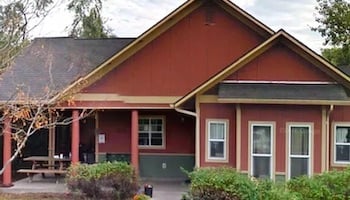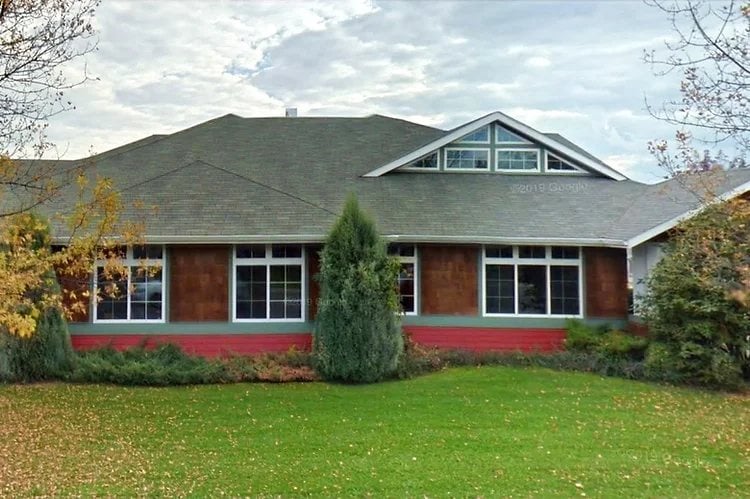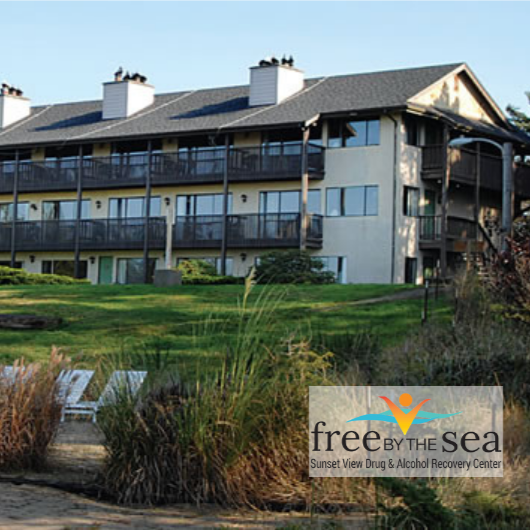About Ideal Option
MAT is the gold standard in addiction treatment. Numerous studies have shown it is an effective, safe way to help people stop using substances and maintain long-term sobriety. Ideal Option uses several medications, depending on a person’s needs. These include buprenorphine-based medications, such as Suboxone, Bunavail and Zubsolv, which can reduce withdrawal symptoms and cravings, help prevent overdose and lower the risk of substance misuse.
Ideal Option also helps people who are taking methadone transition to buprenorphine. Research suggests the latter is safer because it is less addictive and does more to protect against overdose injuries.
Ideal Option Missoula is open Monday through Thursday from 7:30 a.m. to 6 p.m., and most patients can begin care within one to three days. There’s no wait list, and they welcome walk-ins.
Some addiction treatment facilities require patients to stay sober in order to continue receiving care. That’s not the case with Ideal Option. They understand that a relapse doesn’t indicate a person isn’t committed to recovery. Rather than expelling a client from the program for relapsing, they’ll revise the person’s treatment plan to see how they can prevent future reuse.
Latest Reviews
Rehab Score
Gallery
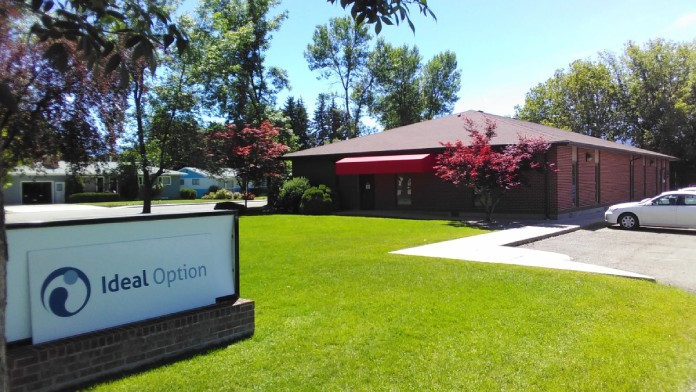
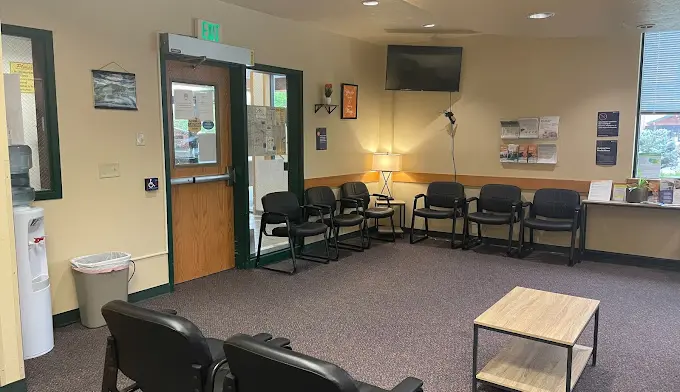
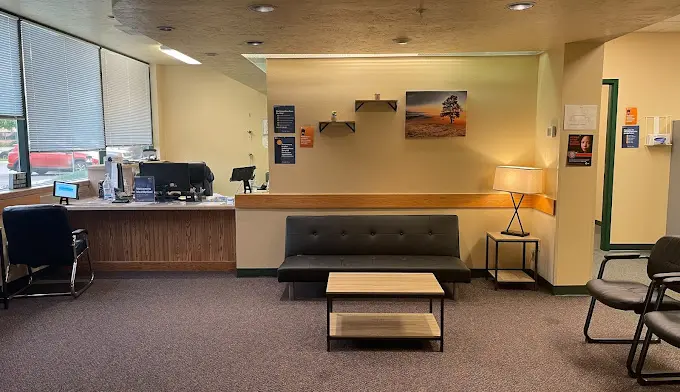
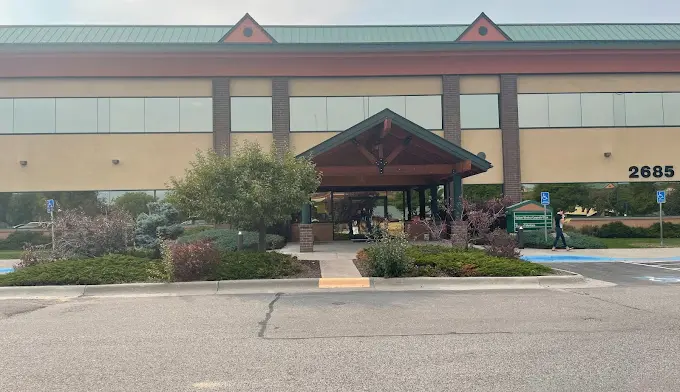
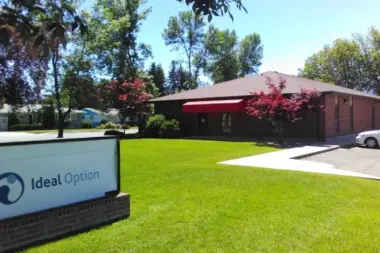
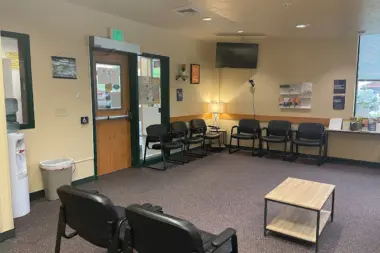
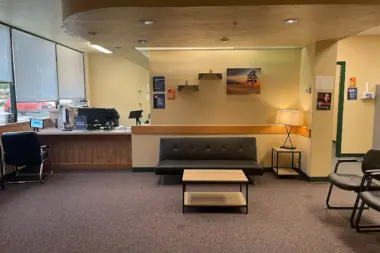

Accepted Insurance
Other Forms of Payment
Private insurance refers to any kind of healthcare coverage that isn't from the state or federal government. This includes individual and family plans offered by an employer or purchased from the Insurance Marketplace. Every plan will have different requirements and out of pocket costs so be sure to get the full details before you start treatment.
Self-pay involves paying for treatment out of your own pocket. You can use savings or credit, get a personal loan, or receive help from family and friends to fund your treatment. If you don't have insurance or your insurance plan doesn't cover a specific program, self-pay can help ensure you still get the care you need.
Financial aid can take many forms. Centers may have grants or scholarships available to clients who meet eligibility requirements. Programs that receive SAMHSA grants may have financial aid available for those who need treatment as well. Grants and scholarships can help you pai for treatment without having to repay.
Military members, veterans, and eligible dependents have access to specific insurance programs that help them get the care they need. TRICARE and VA insurance can help you access low cost or no cost addiction and mental health treatment. Programs that accept military insurance often have targeted treatment focused on the unique challenges military members, veterans, and their families face.
Medicaid is a state based program that helps lower-income individuals and families pay for healthcare. Medicaid covers addiction treatment so those enrolled can use their coverage to pay for rehab. When a program accepts Medicaid the client often pays very little or nothing out of their own pocket.
Medicare is a federal program that provides health insurance for those 65 and older. It also serves people under 65 with chronic and disabling health challenges. To use Medicare for addiction treatment you need to find a program that accepts Medicare and is in network with your plan. Out of pocket costs and preauthorization requirements vary, so always check with your provider.
Addiction Treatments
Levels of Care
Outpatient Programs (OP) are for those seeking mental rehab or drug rehab, but who also stay at home every night. The main difference between outpatient treatment (OP) and intensive outpatient treatment (IOP) lies in the amount of hours the patient spends at the facility. Most of the time an outpatient program is designed for someone who has completed an inpatient stay and is looking to continue their growth in recovery. Outpatient is not meant to be the starting point, it is commonly referred to as aftercare.
Clients undergoing treatment at an inpatient rehab receive intensive supervision and hands-on care. They reside at the treatment facility for the duration of the program, which may exceed 18 months in long-term residential programs. Rigorous addiction counseling, including family and group therapy, is often the primary treatment modality. Many programs also offer a range of evidence-based holistic therapies, including yoga, music therapy, meditation, and experiential therapy. Most programs promote clients' long-term sobriety through recovery-focused life skills training.
Clients who still need robust recovery care, but also need to remain in or return to their own homes may choose to enroll in an intensive outpatient program (IOP). These programs feature frequent, high-level treatment, often combining a variety of modalities, including addiction counseling, recovery education, and holistic therapies. Clients in alcohol and/or opioid recovery may also receive medication assisted treatment (MAT). Most intensive outpatient rehabs require clients to participate in nine to 20 hours of treatment weekly.
Often serving as the first step in the addiction recovery process, medically supervised detox involves weaning your body off addictive substances while in the safety of a medically supervised environment. If you are dependent on substances like alcohol, opioids, or benzodiazepines, the associated withdrawal symptoms can not only be uncomfortable, they can be extremely dangerous. In medically supervised detox, a team of medical professionals can monitor your health, vital signs, and progression to ensure your maximum safety and comfort.
Programs
Adult rehab programs include therapies tailored to each client's specific needs, goals, and recovery progress. They are tailored to the specific challenges adult clients may face, including family and work pressures and commitments. From inpatient and residential treatment to various levels of outpatient services, there are many options available. Some facilities also help adults work through co-occurring conditions, like anxiety, that can accompany addiction.
Serving in the military is both mentally and physically challenging, and can result in trauma that persists even after combat ends. Military programs are tailored to the specific and often complex needs of active duty personnel, veterans, and military families. Clients often access these programs through the U.S. Department of Veterans Affairs (VA).
Clinical Services
Trauma therapy helps you process traumatic events that you may have witnessed or experienced. This is the first step to healing from these events, integrating them into a more coherent narrative, and improving your resilience.
It's possible to quit smoking without using nicotine replacement therapy. However, research has shown these tools can greatly increase your chances of success. They can make it easier to quit because they ease withdrawal symptoms and cravings.
Amenities
-
Residential Setting
-
Private Rooms
Staff & Accreditations
Staff
Tim Kilgallon
CEO
Michael Nabielec
CFO
Wendy Manthei
Vice President of Clinical Operations
Daniel Goulette
Vice President of Practice Management
Josh Lair
Director of Community Development
Jessica Retterer
Director of Medical Records
Ashley Kinsey
Chief Compliance Officer
Accreditations

The Joint Commission, formerly known as JCAHO, is a nonprofit organization that accredits rehab organizations and programs. Founded in 1951, the Joint Commision's mission is to improve the quality of patient care and demonstrating the quality of patient care.
Joint Commission Accreditation: Yes
Contact Information
2685 Palmer Street
Suite D
Missoula, MT 59808
